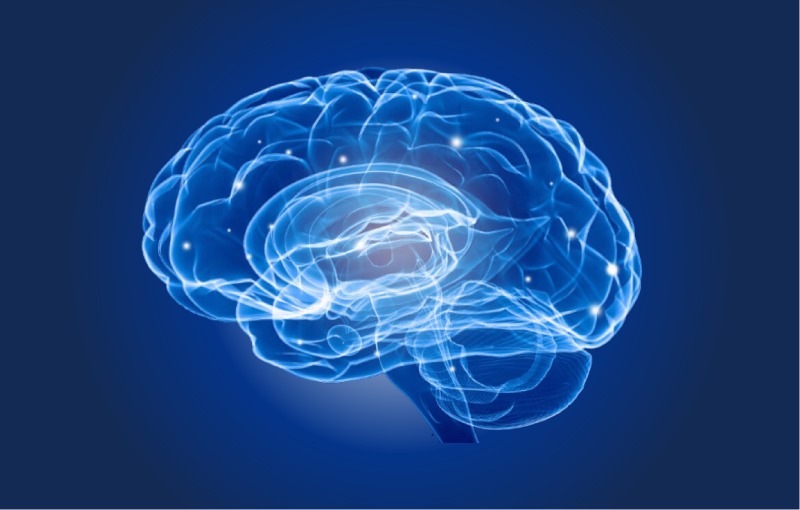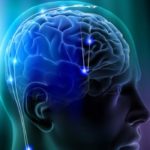The effectiveness of estrogen in enhancing cognitive function has been re-evaluated as a result of new research.
In the study, which was published in Menopause, researchers surveyed over 2,000 postmenopausal women in an effort to better understand the correlation between estrogen and cognitive decline, which has been highlighted by previous research.
According to the researchers, the duration of the study was twelve years.
In determining the participant’s duration of exposure to estrogen, researchers considered, among other variables, the use of hormone therapy, the number of pregnancies, and the duration of breastfeeding.
Based on the data, a longer duration of estrogen exposure improved cognitive function in the participants. Moreover, with hormone therapy, the beneficial effects enhanced cognitive health even further.
“Although the assessment of the risk-to-benefit balance of hormone therapy use is complicated and must be individualized, this study provides additional evidence for beneficial cognitive effects of hormone therapy, particularly when initiated early after menopause,” wrote Stephanie Faubion, Director of The North American Menopause Society, in a news release.
“This study also underscores the potential adverse effects of early estrogen deprivation on cognitive health in the setting of premature or early menopause without adequate estrogen replacement.”


